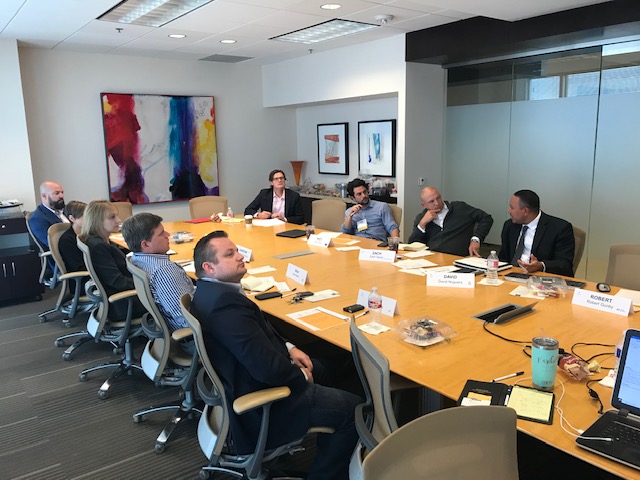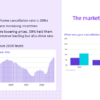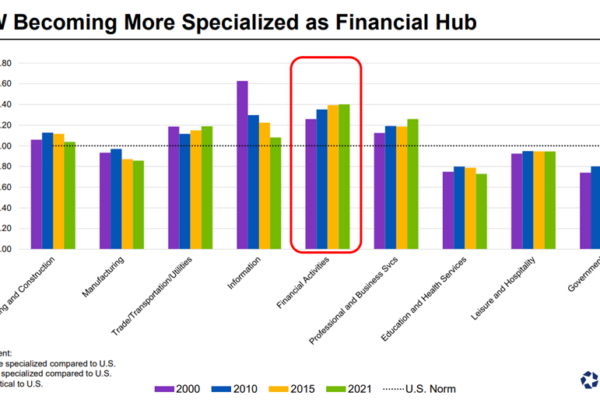Dallas October 2020 – Key Take Aways
- Kimber shared that according to an Employee Litigation Report, the numbers in Texas have “skyrocketed” in the last 60 days. One reason could be because some hearings and bench trials have returned but there are still no jury trials taking place in person.
- Her law firm has seen a 40% increase in lien filings which is not a “great sign”.
- The economic data that has come in over the past month has been a “mixed bag” which shows a pickup in activity in the month of September. However, a majority of those in the data report show that 60% are still saying that their revenues are down by an average of 30% compared to what they would normally be seeing this time of the year. Although they are seeing a slight pickup it is not at the same level as pre-COVID. The hardest hit continues to be hospitality, leisure and retail.
- Unemployment was close to 6.8%, then it went up to 8.3% and now it’s above the national average which is 7.9%.
- Guest Speakers Ken Richer and Kris Barber of Chatham Financial, shared a Presentation on LIBOR-SOFR Transition in Commercial Real Estate.
- LIBOR “London Interbank Offered Rate”, is determined by banks submitting borrowing rates and is currently used at the benchmark rate for 100s of trillions of dollars worth of financial contracts.
- LIBOR tends to make regulators uncomfortable due to the fact that there is no reliable way to confirm submitted rates are accurate. At best, banks are simply guessing at where they would borrow if they did and at worst, they are manipulating the rate to their advantage.
- Regulators have determined that continued reliance on LIBOR could present a systemic risk and announced it will be phased out.
- SOFR “Secured Overnight Financing Rate” and reference rate established as an alternative to LIBOR. It was chosen as the replacement rate in the United States.
- ISDA “International Swaps and Derivatives Association” came out with new definitions and protocol that will be effective in January 2021 that will govern essentially how LIBOR is defined in derivative transactions.






Recent Comments